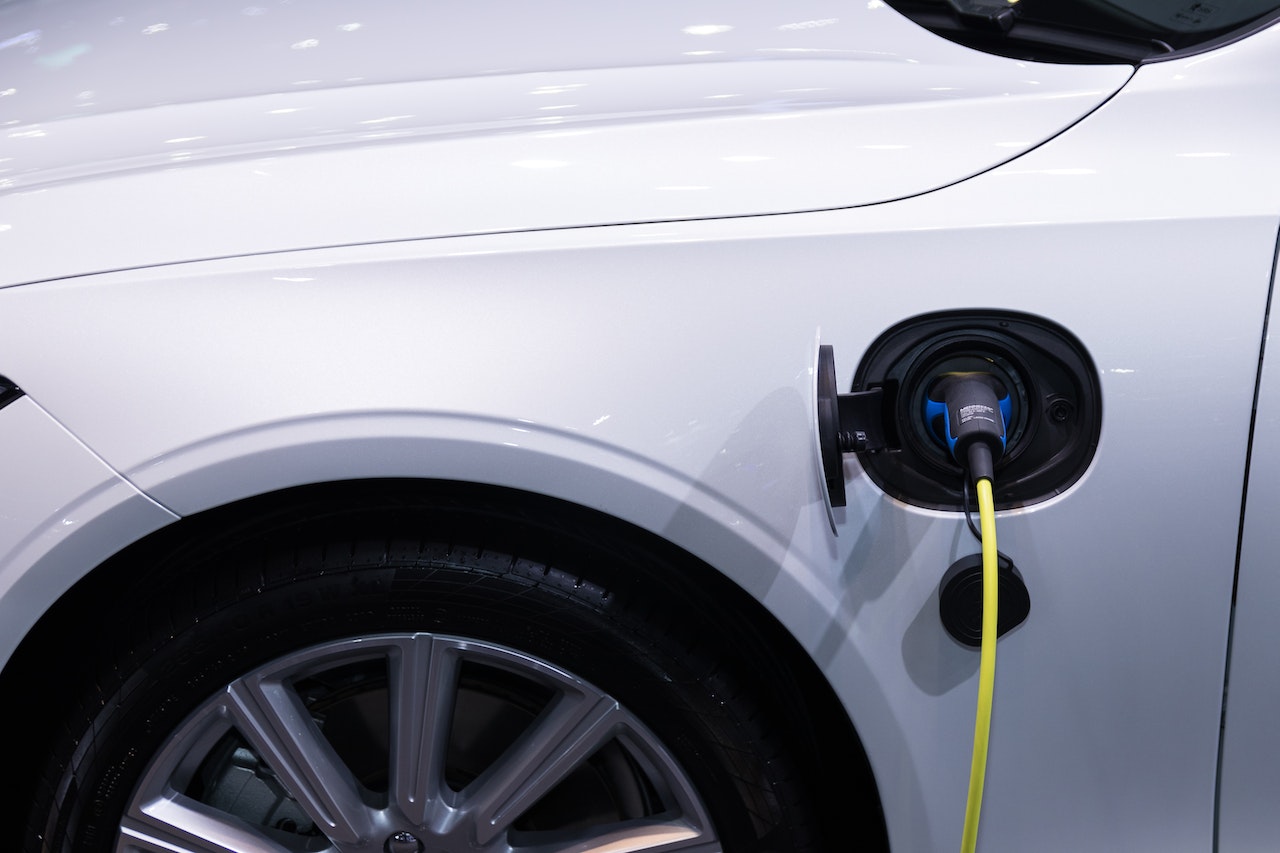So, in the last few years, electric cars have been pushed, and it’s honestly for good reason. They are significantly more sustainable and far better for the environment. Plus, there are some countries that are banning fossil-fueled cars by a certain year, too. So, with that said, it’s fairly obvious that electric cars are definitely going to be a main part of the future. For the most part, they’re already sought-after now, but it’s only going to get more demand in the future.
In a way, at the moment, most electric vehicles are considered high-end. There is a bit of luxury to them if you think about it. They offer a lot of luxury perks, and the design of the cars, too, is fairly swoon-worthy. But that said, there’s the idea that electric vehicles are expensive. Sure, they come off as luxurious, but they’re basically the same price as a fossil-fueled vehicle. So, if the price tag of an electric vehicle has been a major turnoff for you, then here’s how you’d be saving money by owning an electric car.
Operating Costs are Much Lower
One of the most immediate and noticeable advantages of electric cars is their significantly lower operating costs compared to traditional gas-powered vehicles. Sure, there’s always that upfront cost that people immediately think about. But with fossil-fueled cars, there are way more operating costs, significantly more. But these seem more natural because people are accustomed to them. But here’s the thing: At the end of the day, the operating cost for electric cars, just about any brand, including VinFast, are way cheaper. So, here’s what you need to keep in mind when it comes to fossil-fueled operating costs.
You don’t have to worry about fuel expenses when it comes to EVs. While technically, it depends on the electricity rates, for the most part, it’s still going to be way cheaper. You don’t need to worry about transmission oil, brake fluid, or exhaust system because EVs literally don’t have any of these (only hybrids). So, if you think about it, that instantly means fewer things to buy, less costs at the mechanic, and so on.
There’s a Lot of Government Incentives
At the moment, more and more countries have made plans that within a certain year- mostly between 2030 and 2050 fossil-fueled cars need to end production. With that said consumers who are already jumping into getting an EV in advance are getting some nice perks. These incentives can significantly reduce the upfront cost of purchasing an electric car and may include tax credits, rebates, or grants. Some manufacturers are always rewarding buyers.
Plus, local governments are cutting down costs for those personal EV charger ports (such as those on the side of the road parking spots or in driveways). It’s hard to say how long these will last; a lot of governments are just trying to make the push much quicker for citizens. So, in a way, if you jump into this early, you could save not only a lot of money but probably a lot of headaches and less start-up costs than buyers in the future. It’s just food for thought, but of course, it all depends on which country you’re living in and if there is even a push.
Potential to Save Money When “Filling Up”
Alright, so you don’t technically refill an electric car, but you do recharge it. You don’t have control over prices at gas stations. The price of fuel is constantly changing; it changes throughout the day. You only have the option of dealing with ridiculous prices at these businesses, and that can be aggravating, of course. But with that said, you should also keep in mind it’s somewhat different for electric cards.
Sure, you can charge at a charging station. But eventually, it’s going to get to the point where even these could change in price throughout the day. There is a lot of possibility of this. But if you can always charge in your own home, something you’re going to have a bit more control over. So, in the end, you could very well be able to save on money.
Reduced Depreciation
They say the second that a car leaves the lot, the price immediately goes down in value, and there’s a lot of truth to that- when it comes to a fossil-fuel vehicle at least. Electric cars tend to depreciate at a slower rate than their gasoline counterparts.
This can translate to higher resale values when you decide to upgrade to a newer electric model, minimizing your overall depreciation costs. You have to keep in mind that right now, EV cars are more in demand; there aren’t as many brands, and there aren’t as many models. That means there is less supply than there is demand, and eventually, that demand is going to be sky-high. So, the rate for depreciation is way slower, and if you choose to sell your EV and get another EV brand, you can still expect to get a nice bit of money for the sale.


